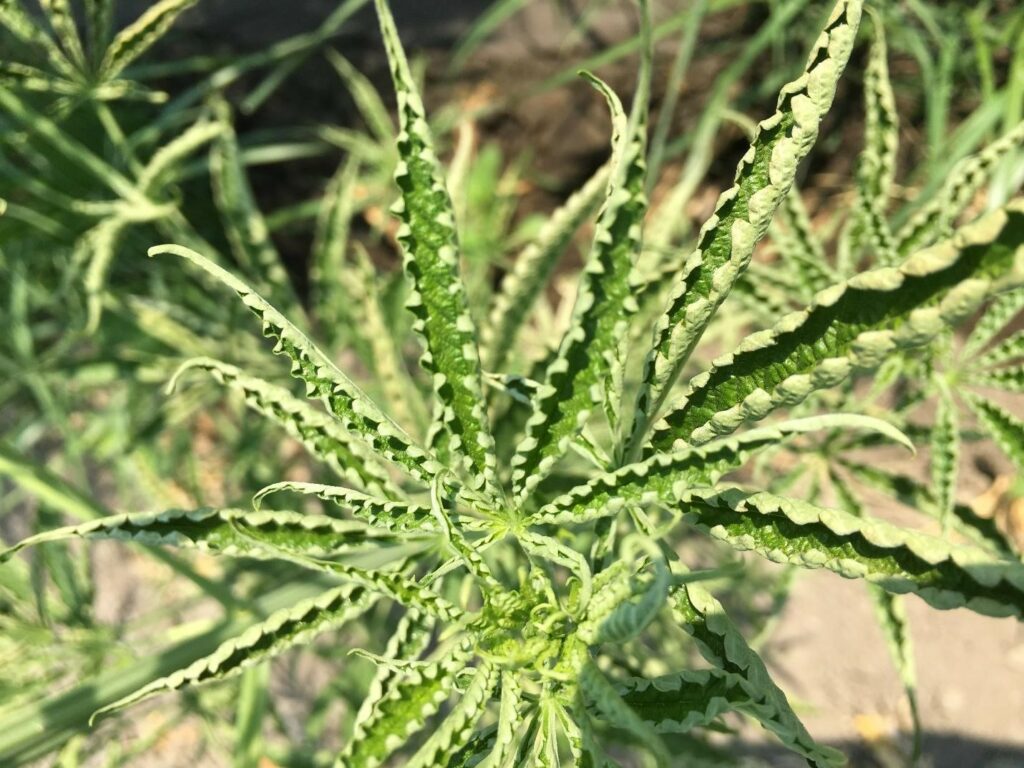Buzzing activity around pollinator health
By Anu Veijalainen, CABI. Reblogged from CABI Hand-picked blog. Yesterday I cherished the start of spring in England by attending an event devoted to pollinators and pollination at the University of Reading. Most presentations at this meeting organised by the Royal Entomological Society were understandably about bees, but we also heard a few talks highlighting the…
Roundtable brings high-tech farming ideas to India’s risk-prone ecologies
David J. Spielman joined the International Food Policy Research Institute (IFPRI) in 2004, and is currently a senior research fellow based in Washington, DC. His research agenda covers a range of topics including agricultural science, technology and innovation policy; seed systems and input markets; and community-driven rural development. His work maintains a regional emphasis on…
Experimenting with Aquaponics farms in Nairobi
by Daniel Moore, danieljamesmoore.wordpress.com Some people say my business partner Jacquie and I are a little bit crazy. We are starting an aquaponics farming business in Nairobi, Kenya in the midst of poverty, pollution, power cuts, and corruption. We are doing this because we want to improve food security, job opportunities and create new business…
Keeping an eye on banana disease
Dr. Fen Beed is an experienced plant pathologist based at the International Institute of Tropical Agriculture (IITA), Dar es Salaam, Tanzania. He leads research for development activities to mitigate the impact of diseases of maize, soybean, cowpea, cassava, banana and vegetables and promotes plant diseases on problematic weeds. The first and critical step to manage…
New technology for detecting pests and diseases
by Keron Bascombe, Technology4Agri Much of farm enterprise activity is spent dealing with pests and diseases which significantly lower the yield of produce. For many producers this warrants the use of pesticides of many kinds to deter a wide variety of pests and insects that can either destroy crops or act as vectors that cause…
Helping to Secure Crop Yields Globally with Land Drainage
by Tim Sissons of William Morfoot land drainage, experts based in the East of England. Along with a combination of other factors, agriculture, and therefore food production depend on the proper management of water to enable crops to develop properly and yields to be healthy. Globally, ecosystems and environments vary greatly and even the most…
The Model Plant
Charis Cook works for GARNet, a BBSRC-sponsored network that supports plant scientists in the UK by, among other things, linking researchers to each other and to the research councils, and providing an information hub for plant scientists. GARNet also has its own blog. Before working for GARNet, Charis was at Royal Holloway, University of London,…
Crop wild relatives help adapt agriculture to climate change
The Millennium Seed Bank Partnership has begun work to collect seed from the wild relatives of 26 crop plants as their genetic diversity may enable us to adapt agriculture to future climates. Guest blogger Dr Ruth Eastwood is Crop Wild Relatives Project co-ordinator, based at RBG Kew’s Millennium Seed Bank at Wakehurst Place, UK.
The road to sustainable intensification of agriculture
Last week, Professor Tim Benton, the UK Global Food Security programme ‘champion’, wrote a guest blog post about ecosystem services and the need for sustainable intensification of agriculture. This week he follows on from this by looking at how farmers can integrate protection of ecosystem services into their land management without losing out finanically.



